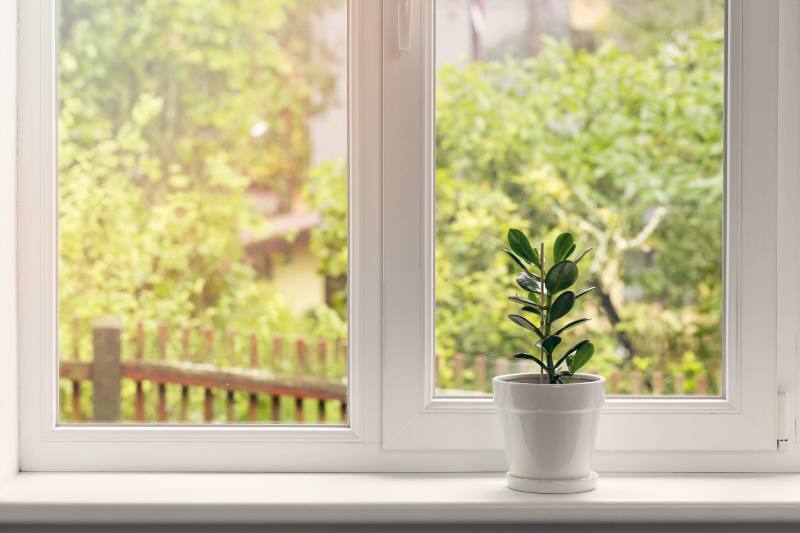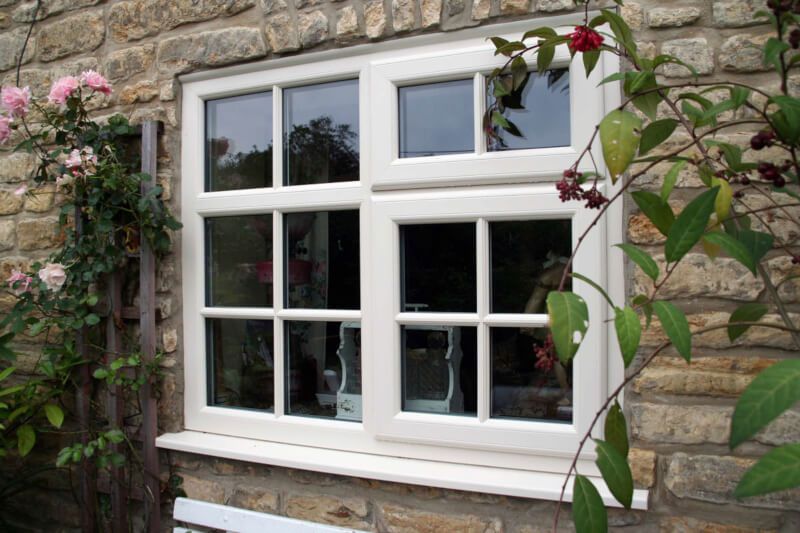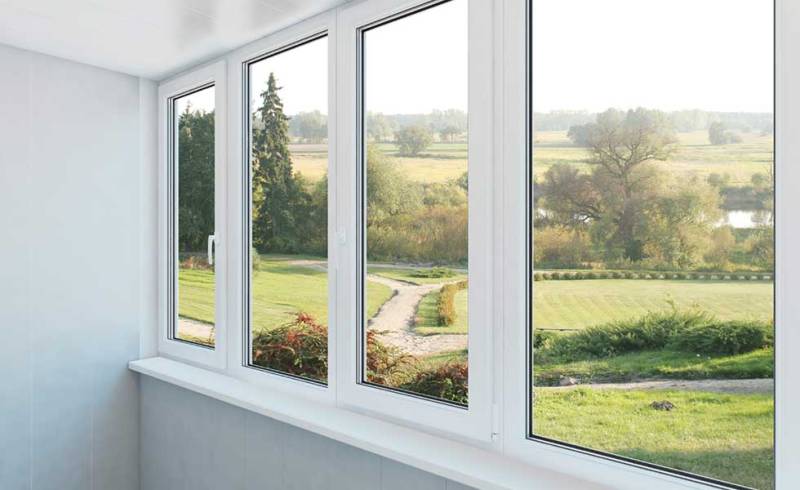As homeowners are keen to make homes energy efficient, they are more and more turning to double glazed windows, also known as insulated glass units that are excellent in controlling heat transfer through windows. Windows with double glazing in Solihull minimize the use of artificial heating and cooling systems in buildings and people look upon it as energy-efficient windows. Windows with double have four times more insulating properties than conventional windows that help to keep the indoors cool in summer and warm in winter and the reduced usage of heating and cooling systems lower energy bills and save money.
Reduce all kinds of heat transfer

Double glazed windows can efficiently control the heat transfer rate and are ideal for creating high-performance window systems that are part of modern homes because it functions at peak efficiency in all kinds of climates – hot, cold and mixed. As the name implies, double glazing windows consist of two glass panes separated by a spacer, and space in between is filled with a gas or air. The sealed air gap between the two panes acts as an additional layer of insulation. It increases the thermal resistance that prevents heat transfer in all seasons by retaining the heat inside homes during winter and preventing the outside heat from entering homes in summer. As a result, the indoors remain comfortable throughout the year with minimal use of utilities for maintaining a pleasant climate inside homes.
Keep indoors dry
Maintaining proper humidity inside homes is very important to create a healthy environment that keeps moisture under control. Installing dehumidifiers can help to maintain a dry indoor environment, but it not only increases costs but also pollutes the outside environment. An easier way to control moisture levels inside homes is to install double glazed windows that reduce condensation and lower the risk of moulds and mildews formation that can harm health.
Noise-free indoors

Not only do double glazing windows control heat transfer, the air or gas barrier between the panes effectively cuts off the noise, and you can enjoy a calm atmosphere inside the home. The outside noise meets with several barriers on the window glazing that cannot penetrate. Double glazed windows are also useful in reducing medium to high-frequency noise like a human voice, and you can achieve better noise control by varying the glass thickness of the glazing.
Achieve optimum heat and noise control
The thickness of glass panes and the space between it contribute to the thermal and acoustic efficiency of double-glazed window systems. By varying the parameters, you can alter the performance of the window system. According to the best practice of the industry, the gap between the panes must be between 6mm to 20 mm, and maintaining a gap of 12 mm ensures optimal thermal performance. A gap of 150mm is ideal for reducing low-frequency sounds and ensures good acoustic control of traffic and aircraft noise.
The spacers used in double glazed windows contain a drying agent that removes the moisture trapped within the airspace.






